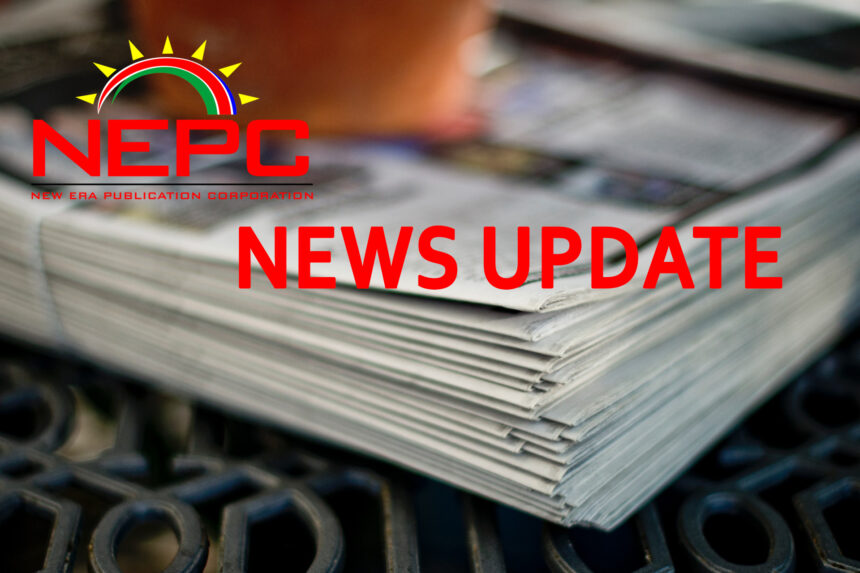Lovisa Shiningayamwe
In relation to presidential elections, the process, in terms of Article 28 (4) of the Namibian Constitution, is that any registered political party is to nominate a candidate for election as president, or any person with the support of a minimum number of voters.
To be eligible, such a candidate must be a Namibian citizen, over 35 years of age, be a registered voter and should receive over 50% of votes cast. With respect to an independent candidate, the nomination should be
supported by at least 500 voters per region.
Nomination is done by submitting candidate names to the Electoral Commission, following which they are published in the government gazette. The past elections in 2019 had an upturn of independent candidates, which has shaped the landscape and trajectory of the upcoming elections.
A few rising questions are, Who are the nominees in their respective political parties or organisations?
What policies do they bring to the table? Ultimately, how does each Namibian, as an individual, contribute to the outcome of the 2024 presidential elections?
Political parties totalled 10 – that is the United Democratic Front of Namibia, Swapo Party of Namibia, Swanu of Namibia, Republican Party of Namibia, National Unity Democratic Organisation, Namibia Economic Freedom Fighters, Rally for Democracy and Progress, All People’s Party, Landless People’s Movement and Popular Democratic
Movement.
The nominees are, however, 11, with the inclusion of one independent candidate.
The 2024 presidential elections will have in the race the first woman presidential candidate, Netumbo Nandi-Ndaitwah, who is not a stranger to the leadership roles in Swapo.
Elections in Namibia have been free from violence. A peaceful political activity is a quality of a democratic society.
Further, it is important to highlight the role of the media and freedom of the press as the public watchdog during this time.
The media is “an indispensable component of democratic elections, enabling individuals to readily access information from diverse sources, engage in
meaningful discussions with friends and family, and cultivate impartial viewpoints, said Al Jazeera in the narration of the recent elections in Zimbabwe.
What happens if a candidate withdraws from an election?
The Act (Electoral Act 5 of 2014) in section 183 (1) notably sets out the position of the law on withdrawal.
Was the withdrawal a
result of corrupt influence?
Was there a payment
made or a benefit of any
nature to the candidate, leading to their withdrawal, or is the purpose for withdrawing to promote the election of another political party or candidate?
If yes, then it is an offence, punishable by a fine of not more than N$50 000 and/or imprisonment for a period not more than 10 years.
In the event of any challenges arising from presidential elections, an approach on an urgent basis is made in terms of section 172 of the Electoral Act 5 of 2014 to the Supreme Court as a court of first and final instance.
Matters of this nature may only be brought before the Supreme Court.
A probable challenge could be in relation to the outcome of the electio,n or a request to go through election information.
This is brought to the Supreme Court through a petition (Form 2) to the Chief Justice in accordance with Rule 5 of the Rules of the Supreme Court of Namibia Relating to Presidential Election Challenges.
The petition should be submitted within 10 days after the announcement of the presidential results.It should set out the challenge or irregularity, stating why the review is sought.
The petition may be opposed by an a
ffidavit, and it is heard in chambers before three judges of the Supreme Court, the majority decision of which makes the court’s final decision.
In anticipation of free, fair and effective elections of a president, every citizen is urged to participate.
* Lovisa Shiningayamwe is an associate attorney. You can reach her at shiningayamwe.lsn@gmail.co


